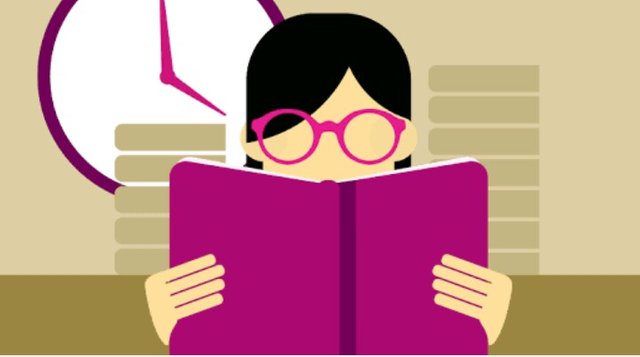How constraints force you to be more creative!

When we think of creativity and creating great work, we often think that having the freedom to do whatever we want is ideal.
However, it turns out that creating work in an environment that has no rules and unlimited options is a bad idea.
Why? Because of The Paradox of Choice.
The Paradox of Choice is the idea that having more choices can actually hinder our decision making.
For example, if I gave you a blank piece of paper and told you to write about anything in the world, you’ll most likely feel some level of writer’s block because of all the things you could write about. When you're sitting down to create, it's easy to get overwhelmed because of all the choices available to you.

What constraints do is take away some of the choices available to us, and with them, the paralysis of choice that stops us from getting started.
In the book “Steal Like an Artist: 10 Things Nobody Told You About Being Creative,” creative Austin Kleon says, "The way to get over creative block is to simply place some constraints on yourself. It seems contradictory, but when it comes to creative work, limitations mean freedom…
|The right constraints can lead to your very best work. My favorite example? Dr. Seuss. Dr. Seuss wrote “The Cat in the Hat” with only 236 different words, so his editor bet him he couldn’t write a book with only 50 different words. Dr. Seuss came back and won the bet with “Green Eggs and Ham,” one of the bestselling children’s books of all time.”
And Dr. Seuss isn’t the only one to do this. Many creatives use constraints as a driving force to push them to create their best work. And so can you|.
Constraints can seem like the last thing you’d want for a creative project, but constraints give us a starting point to work with.
Remember, nothing is more paralyzing than the idea of limitless possibilities. As Jack White says, "Telling yourself you have all the time in the world, all the money in the world, all the colors in the palette, anything you want - that just kills creativity.”
|So, the next time you're facing a creative project, try harnessing the power of constraints|.